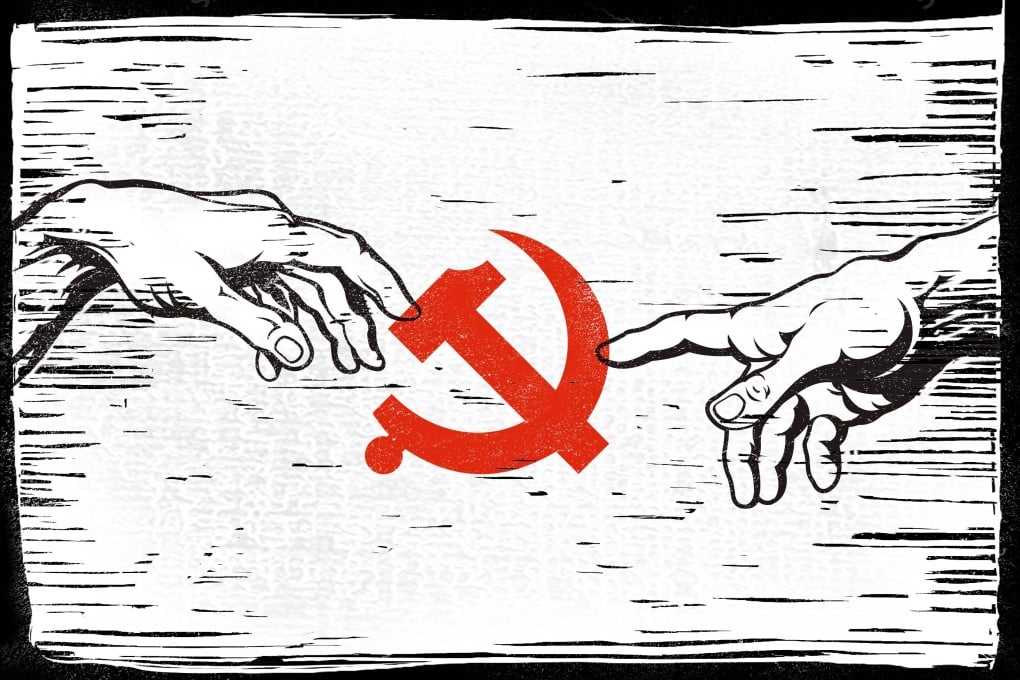Advertisement
As the Communist Party turns 100, Xi Jinping has a problem: who will take over?
- With no clear successor in sight, Chinese leader is expected to stay in power beyond two terms
- Next year’s leadership reshuffle will shed light on how he plans to tackle succession
Reading Time:5 minutes
Why you can trust SCMP
99+

This is the first in a series on the centenary of the Chinese Communist Party. Here, we look into leadership succession and possible changes at the 20th party congress next year.
When China’s leader Xi Jinping takes the podium next week to mark the Communist Party’s centenary, expect an air of invincibility. He has plenty to be pleased about – in less than a decade, he has reinvigorated a party plagued by corruption and internal strife.
When Xi took power in 2012, there were concerns that the civilian leadership could lose control of the military. The country was expanding economically at record speed, but the party was beset by graft, power struggles and the threat of fragmentation.
Advertisement
Few could have anticipated what followed. Through an unprecedented war on corruption, Xi rebuilt the party’s image, reconnected the masses with its roots, brought powerful cliques to heel and got the military under its thumb.
The coronavirus outbreak in Wuhan in late 2019 briefly threatened to disrupt those gains, but the party machine swiftly kicked into action. By the end of 2020 China had not only contained the virus but was the only major economy to record positive growth, while the rest of the world was still mired in crisis.
Advertisement
At the start of this year, after Washington was rocked by rioting in a messy power transition, Beijing announced it had achieved something many would have considered impossible half a century ago – eliminating extreme poverty in the country of 1.4 billion.
Xi set the tone in a speech to top cadres in January. “The world is in a turbulent time that is unprecedented in the past century,” he said. “But time and momentum are on our side. This is where we show our conviction and resilience, as well as our determination and confidence.”
Advertisement
Select Voice
Select Speed
1.00x